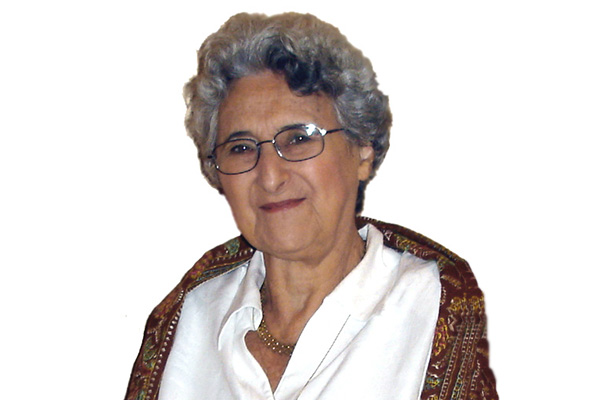The quality of early childhood programs can be assessed in many ways. An important way to assess the quality of a program is to take what we might call a bottom-up perspective—attempting to determine how the program is experienced by the children who participate in it.
It is reasonable to assume that the important ultimate effects of a program depend primarily on how it is viewed from below, i.e., the bottom-up. If it is true that the child’s experience of a program is the true determinant of the program’s effects, assessment of program quality requires answers to the central question: What does it feel like to be a child in this environment day after day after day? Of course, we cannot ask young children these questions or rely on what their answers might be. This approach requires us to make inferences and best guesses based on constant observation of children’s activities about how each child would (if he or she could) answer such questions as:
- Do I usually feel welcome rather than captured in this place?
- Do I feel that I belong here or am I just one of the crowd?
- Do I usually feel accepted, understood, and protected by the people who are in charge here, rather than scolded or neglected by them?
- Am I usually accepted rather than isolated or rejected by the majority of my peers?
- Am I usually addressed seriously and respectfully, rather than as someone who is “precious” or “cute” or just childish?
- Am I usually glad to be here, rather than eager to leave?
- Do I find many of the activities engaging, interesting, absorbing, and challenging rather than just entertaining or exciting?
- Do I find most of my experiences here meaningful rather than frivolous or boring?
- Do I find most of the experiences satisfying rather than frustrating or confusing?
The first questions apply generally to all early childhood settings. However, the last four questions especially address the major goals of incorporating project work into the overall curriculum. When young children engage in serious in-depth investigations of significant elements of their environments and experiences, their minds are engaged, challenged, and usually deeply absorbed. In addition, the usefulness of academic skills such as writing and measuring and many other academic skills become relevant and clearly serve a purpose to them.
The criteria of quality implied in these questions are based on an interpretation of what we now know about significant influences on children’s long-term growth, development, and learning.Thus each question provides a criterion of quality, stated in terms of a continuum of desirability. When most of the answers to these questions are at the positive end of the continuum, we can assume the program’s quality is worthy of the children and will support their early development.

Lilian Katz
Lilian G. Katz, a professor emerita at the University of Illinois at Urbana-Champaign, has been an international leader in early childhood education. She has lectured in all 50 U.S. states and in 43 countries. Dr. Katz also has authored more than 150 publications about early childhood education, teacher education, child development, and parenting.
Biography current as of 2019


